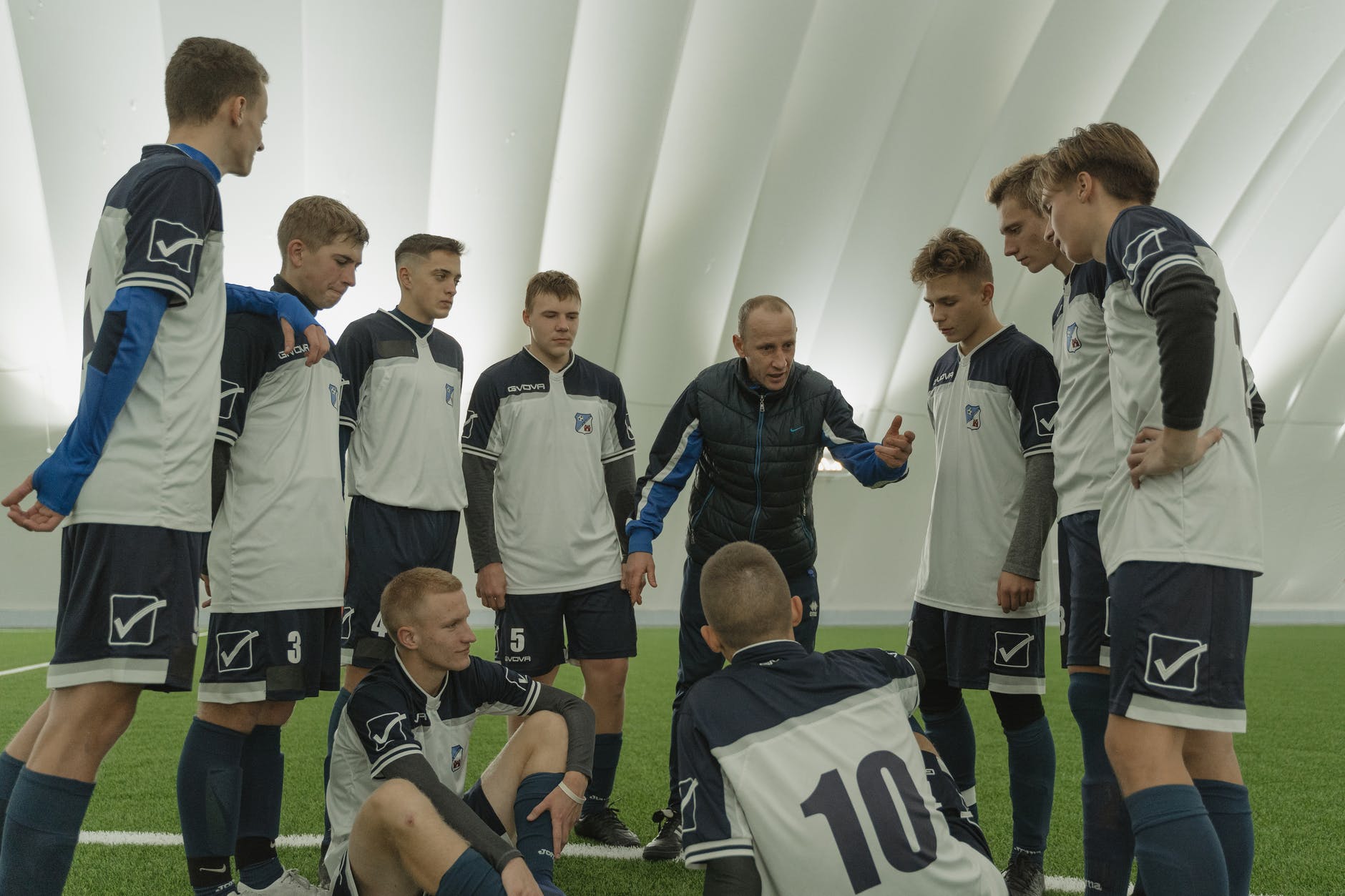
Football coaching and dyslexia
by Daniel Hiddleston, Youth Football Coach
I am delighted to be sitting here writing another blog. When I was asked, I started to think, what am I going to do this on? – But after really thinking about it, there is so much I can go into, and I really want to enthuse and provide advice to people so I hope you can connect to my experiences.
Though I have detailed my journey already, this blog is more detailing components of my ongoing development as a youth football coach, and how dyslexia, and learning processes have helped me. Thought process, this is something that springs to mind when I coach. Coaching in general for me is an ongoing thought process. It is known, dyslexia triggers new or strategic thought processes for overcoming issues. I work within technical development, and my thought process methods are constantly called upon.
‘What do I do to make sure I hinder the correct process, and how does dyslexia come into this?’
Well, initially you need to grab the understanding of what you want to get out of your thought process. For me, it is my athletes. Referring to the question: dyslexia has increased my ability to understand people more, and what they may experience – this refers a lot to adaptive expertise. This is something I am really starting to become more familiar with, due to my Master of Science at University of Stirling, this is where one gains and creates opportunities to develop their ‘expertise’ to be adaptive to the learners’ needs. An individual who is magnificent at this is Dr Andy Kirkland of University of Stirling. His adaptive, understanding, and quirky methods are supportive, and the way in which he uses other departments to make his points in reference to sport, trigger understanding and alternative thinking processes. Now the point of using him is, I would say be enthused by someone who provides you with passion and an educational environment to excel within your own domain – the way Andy has applied himself has provided me with questions, reflections on me and in fact eagerness to go into teaching.
Learning environments are so important, I was mentored by Kit Bremner and Liam Ross, top coaches, with similar views but different methods. Their different methods, equally as excellent as each other, provided me with a base to think innovatively, but within a structured environment, with elements of flexibility and the ability to express your own creative self. Whilst being educated by the two I found myself value coach-athlete relationship a lot more, and this allowed to trigger new understanding/ thought processes of people around me to identify what makes them tick or engage in you or your practise. The essentialness of the coach-athlete relationship, is again, understanding exactly who/what you’re dealing with and using expertise or thought processes to fulfil success.
‘As one with dyslexia, do I think this is vital?’
Absolutely, but you might not, we are all different. But creative expression allows adaptability, YOU as the learner, YOU as the deliverer, needs to understand the value of creating your own though process within whichever environment you are within. And this whole blog is emphasising on this, for me to fulfil my role as a full-time youth football coach I have made mistakes, but my ongoing development of expertise is improving. In my experiences I would encourage you to think about other people’s methods to enhance your own understanding or in my term ‘thought processes’, regardless of what industry or domain you’re within.